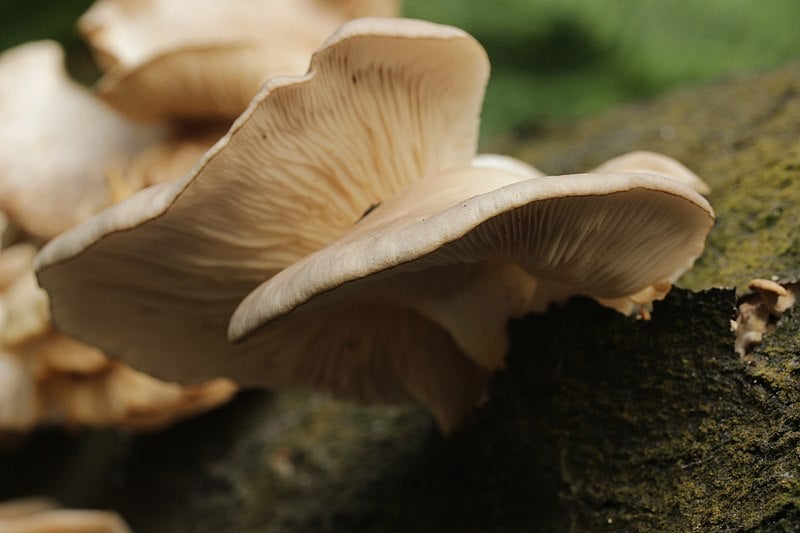Mushrooms Used for Bioremediation To Clean Pesticides From Oregon Waterways
 By Mayukh Saha
By Mayukh Saha
Most environmentalists are trying to reduce carbon emission and plant more trees to create a positive impact on Earth and its climate. However, there is another way to deal with this problem – that is by cleaning up pollutants and, in a way, reversing the effects of pollution. That is what Ocean Blue Project, a non-profit restoration group tried to do back in 2014. Their weapon – mushrooms. Yes, they used mushrooms to clean harmful pollutants like pesticides from Oregon and other national waterways.
The project started in the first quarter of 2014 along the Sequoia Creek banks. It is a tributary of the Willamette River. For the project, recycled burlap bags were used, full of straw, yellow oyster mushroom spawn, and used coffee grounds. This potpourri acted as an effective filter.
The advantage of using this fungus is because of the root system. The mycelium has the power to break down pesticides and toxic oil. It can also kill off harmful bacteria and act as a natural pesticide to ward off pests. Paul Stamets is an expert on the mushroom power and has talked at the National Pesticide Forum of Beyond Pesticides. This property of fungi to fight off pollutants has been referred by him as mycorestoration. He mentioned to Discover Magazine back in 2013 that oyster mushrooms can easily digest complex hydrocarbons present in wood. They can even help in the process of breaking down byproducts of petroleum. The mycelia is used to trap bacteria and consume it, therefore filtering E. coli.
Richard Arterbury, the Ocean Blue Project’s president has agreed and mentioned that this can be a low-cost way to reduce the pollution that affects waterways. It has great potential and if enough powerful burlap bags are placed by Willamette River, it can even transform the entire river.
The US waterways are slowly being polluted by many agents like industrial and agricultural discharge and biological pathogens. These not only kill marine animals but also affect us as secondary consumers of these marine animals. Drinking water is becoming more and more polluted too. It only shows that we require a low-cost method to bring some restorative changes.
New innovations are required that can help lower and alleviate the effect of pesticides on water bodies.
IMAGE CREDIT: Wikimedia
Hey! Message me. I am Mayukh. I help people and websites with content, videos, design, and social media management. I am an avid traveler and I started living as a digital nomad in Europe from 2019. I am currently working on www.noetbook.com – a creative media company. You can reach out to me anytime: justmayukh@gmail.
This article was sourced from Truth Theory.
Subscribe for natural health news to your inbox. Follow Natural Blaze on YouTube, Twitter and Facebook.



